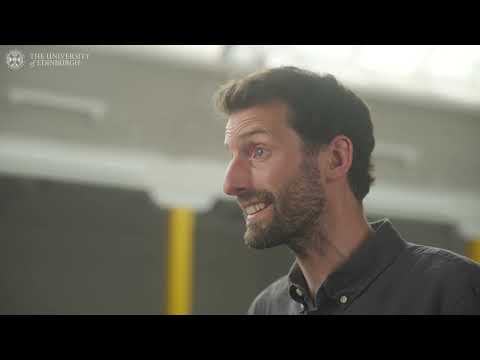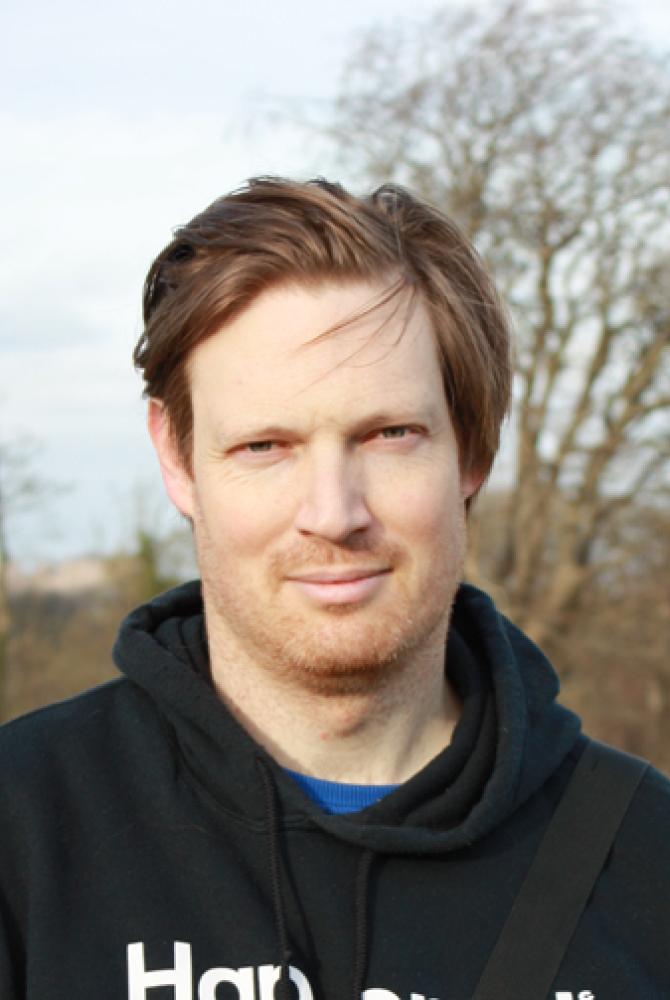Outline
If you've studied sound or music technology at university, been working in sound professionally, or if you've been experimenting with sound as a composer, designer, sound artist or engineer and are looking for a way to develop your voice, this programme may be for you.
We offer an interdisciplinary taught masters programme at the forefront of the University of Edinburgh’s rich expertise in the creative arts, music and digital media design. This programme will provide you with knowledge, skill and understanding to enable you to thrive in a range of sound design situations, both commercial and experimental.
Our programme assumes you have some aptitude for and experience of working with sound in creative ways and are prepared to advance quickly. Our students are curious, open-minded, adaptable and highly creative individuals who are keen to acquire new skills and consolidate their existing knowledge across all areas of sound design.
You may have experience of sound production for film and want to unlock those skills for game sound design, or you might be making music through creative coding and want to explore more acoustic and physical aspects of sound.
This programme will help you learn a great deal more about the craft of sound design and to expand your potential as a creative sound professional. We balance challenging practical project work with theoretical study which creates an inspiring, lively and motivating work environment.
Our programme is practice-led and strongly interdisciplinary and you will learn to create innovative and expressive sound media including the study of:
- film sound
- interactive game-audio design
- sound installation and sonic art
- sound software design
- creative music and compositional practices
To find out more about this course, visit our Degree Finder: Sound Design.















